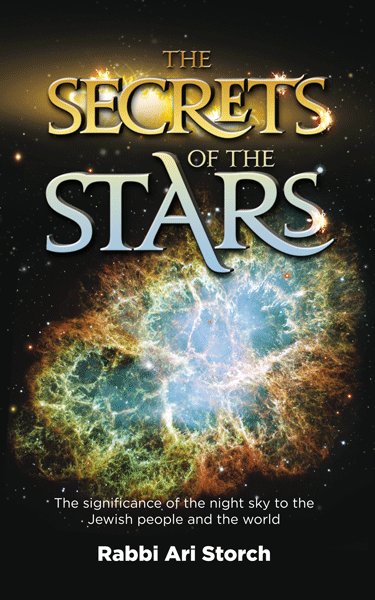In this week's parsha, the Aseres HaDibros are repeated. When I was younger, a guest at our Shabbos table offered me one sticker for every difference I could find between the Yisro version and the Va'eschanan version. I found ten.
In the fourth commandment, the mitzvah of Shabbos, we find a reference to the subjugation in Mitzrayim that was not mentioned in parshas Yisro. We are told (5:14) "And you shall remember that you were a slave in Mitzrayim and HaShem, your God, took you out from there with a Mighty Hand and Outstretched Arm. Therefore, HaShem, your God, has commanded you to make a Shabbos day." Rashi writes that this is simply a reminder that HaShem brought us out of Mitzrayim in order to perform his mitzvos, of which this is one.
There seems to be an intrinsic connection between the mitzvah of Shabbos and the exodus from Mitzrayim. There is no reason to assume that the Egyptians gave us a day off on Saturday. Rather, a more conceivable assumption would be that we had a full seven-day work week. With the exodus from the enslavement in Mitzrayim came the freedom and autonomy to set our own weekly schedule. We are thus commanded to set aside Shabbos as a way of reminding us of this great gift.
When immigrants first came over to the United States, they were forced to work on Shabbos and the Egyptian subjugation was felt once again. But the society has changed and now, even in exile, we are free to take Shabbos off from our work. The very concept of a seven-day week in the secular world is itself a miracle. The week is the only calendrical component with absolutely no astronomical significance. A day represents one full rotation of the earth on its axis. A year is one full revolution of the earth around the sun. But a week is nothing more than a group of seven days. The secular world could easily have chosen a six or eight-day week and that would have spelled eternal trouble for the Jews. On the day of Shabbos these miracles must be realized, in combination with the miracle of Yetzias Mitzrayim.
Ramba"m, in Moreh Nevuchim, seems to concur with this idea. He writes that the two mentions of Shabbos in the Aseres HaDibros teach us two separate aspects of Shabbos. In parshas Yisro, we are taught why HaShem chose to sanctify the day of Shabbos and its significance in the days of creation. Here, in Va'eschanan, we are taught why it is that we must keep the Shabbos, namely, to remember the enslavement in Mitzrayim when we had no days off and appreciate HaShem's great deliverance of us from there.


1 comment:
Chazal maintained that there were seven "mobile" stars (planets). These are the objects in the sky that appear to have their own motion relative to the other celestial bodies. They are the Sun, Moon, Mars, Mercury, Jupiter, Venus and Saturn. They were considered to be created in a specific order and that they cycled that order as they exhort their astrological influence (there is no corresponding astronomical cycle). When viewing them in this fashion each day has one of these planets at the first hour of the day and that planet was in control of that specific day. The order in which I listed them above is the order of the days. This is all detailed in Rashi Berachos 59b D"H Shabsai. The order is the same as was mentioned above and the Latin names of the seven days of the week clearly shows the connection to the planet. English still has some connection with Sunday, Monday and Saturday. Some of the other languages (like Spanish) have the connections running the entire way through. So, there is "astronomical" (astrological) basis for the seven day week; each day is for another one of the seven planets. Rav Dovid Gans (talmid of the Maharal and astronomer in Tycho Brahe's observatory) makes the same contention.
Post a Comment